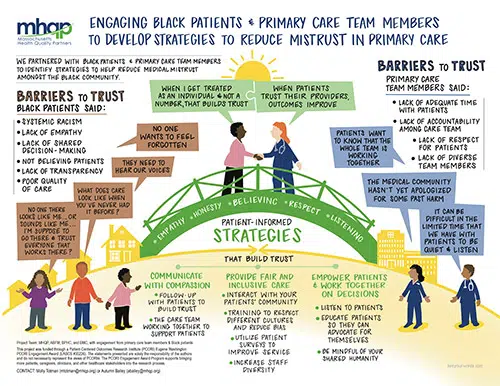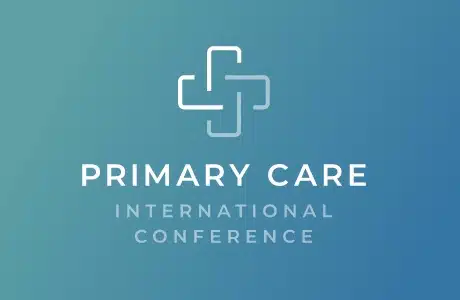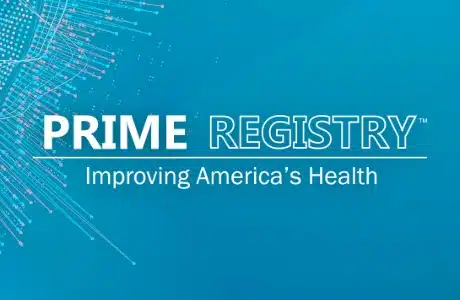

Puffer Fellowship: Celebrating 15 years
The Puffer/ABFM Fellowship at the National Academy of Medicine (NAM) celebrates fifteen years of cultivating leaders in family medicine and health policy.

Reclaiming Medical Professionalism In An Era Of Corporate Healthcare
Medicine’s increasing corporatization has fundamentally altered how physicians practice, yet discussions of medical professionalism often remain anchored in frameworks from decades past. The surge in health care consolidation and sixfold growth in private equity ownership of practices has transformed physicians’ daily operations and decision-making. Any meaningful discussion of professionalism must now address these material and environmental contexts.

The General Public Vastly Overestimates Primary Care Spending in the United States.
Recent findings reveal a significant discrepancy between public perception and actual allocation of health care expenditures to primary care. On average, respondents overestimated spending by more than 10-fold compared with current estimates of actual primary care spending (4.7%).

Every Day I Write the Book: Transforming EHR Data from Daily Practice into New Knowledge
Primary care is where more than 1/3rd of all healthcare visits occur, where 500M+ visits happen annually, yet this massive daily data collection remains largely untapped for research and improvement. The PRIME Registry, collecting data from 600+ primary care practices across the US, shows how clinical registries can transform EHR data into valuable research insights while protecting patient privacy. This data helps advance research, improve care quality, and shape health policies.

American Board of Family Medicine Foundation, CPV, Stanford, U.S. Census Bureau's EHealth Program research demonstrates capacity to marry clinical and social indicators in novel ways
The first peer-reviewed study produced by this partnership was published in JAMIA in November 2024 and evaluates the impact of patient health condition on the likelihood of linking EHR and ACS data.

US Primary Care Workforce Growth: A Decade of Limited Progress, and Projected Needs Through 2040
The effects of aging and population growth and baseline shortages in the primary care workforce call for significant increases in the primary care workforce to accommodate rising demands.

A Roadmap to Reduce Medical Mistrust with Black Patients in Primary Care
Massachusetts Health Quality Partners, American Board of Family Medicine, Boston Public Health Commission and Boston Medical Center teamed up with community partners to create a Patient-Centered Research Roadmap, to develop strategies focused on reducing medical mistrust for Black patients in primary care.

Supporting Family Caregivers Advances Equity and Scientific Innovation
Family caregiving (e.g., childcare, caring for an aging parent, etc.) is a universal experience—whether providing or receiving care, everyone at some point will be touched by caregiving.

The Essential Role of Primary Health Care for Health Security and Securing Health Conference
This conference takes place nearly five years after the Declaration of Astana and will focus on advancing Primary Health Care (PHC) in developed and developing countries as a priority for national health security and securing the health of people around the world.

PRIME Registry
PRIME was established to help provide family physicians and primary care clinicians a faster, easier way to evaluate practice performance, with built in tools for population health, risk stratification, empanelment and more…
Professionalism
.
Professionalism


In a season of rapid delivery system transformation, the United States is already experiencing some of the negative consequences that pursuing quality and value measurement have had on professionalism in health care.
Social Accountability in Medical Education
Social Accountability in Medical Education


A century after the seminal Flexner report redefined medical education, its institutions face new challenges to demonstrate their alignment with the needs of patients and populations, their relevance to societal priorities, and their measurable impact on health.
Transforming Clinical Practice & Population Health
Transforming Clinical Practice & Population Health


A mix of social, environmental occupational and economic factors collectively labelled the social determinants of health (SDH) have a greater combined influence on the morbidity and mortality of our patients than the services we deliver in traditional medical care.
Measures That Matter to Primary Care
Measures that Matter


The Center is working to develop, implement and collaborate on quality measures that improve patient care and promote professionalism. The measures are focused on capturing the real value of primary care and reducing administrative burden.

Vision & Mission
We aim to align how the health care professions are valued with the values of the professions.
What we do: We’re working to align professionalism with enhancing value in the care of patients and the public, while reducing burden in clinical practice. Working with a variety of partners, the Center will help to shape both the public’s and the provider’s understanding of the Social Contract as well as policies that better support its success.
Key aims of our work are:
Testing the state of the social contract between health professionals and the public
To identify relationships between burnout, shame and professionalism
- To assess growing commoditization of health professionals and the impact on professionalism
To understand alignment between how value is measured and paid for and professionalism
To call out expectations of health professionals to routinely sacrifice well-being or financial solvency
To explore interprofessional understandings of professionalism
What Does Professionalism Mean to You?
Professionalism has meaning for us as individuals and as groups. It can be what drives your decisions and action with patients or in deciding on the policies of your practice or system. What does it mean to you?
What Does Professionalism Mean to You?
Professionalism has meaning for us as individuals and as groups. It can be what drives your decisions and action with patients or in deciding on the policies of your practice or system. What does it mean to you?



